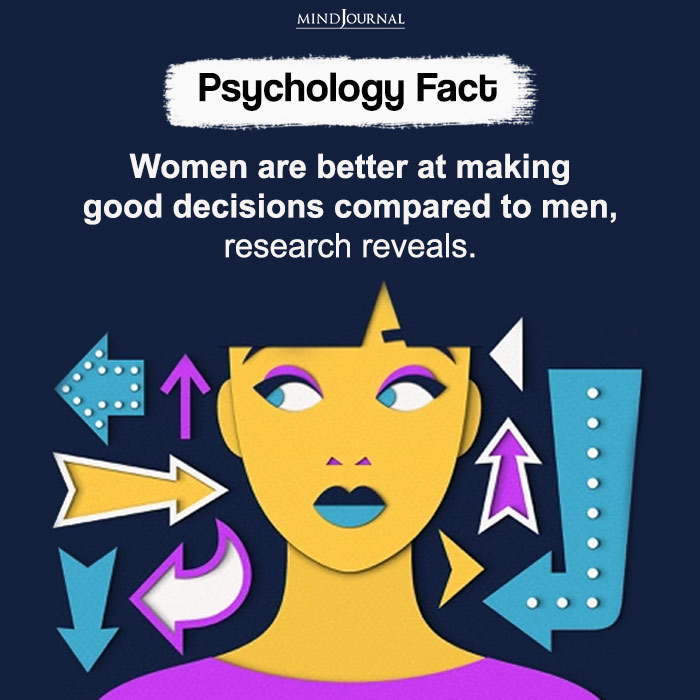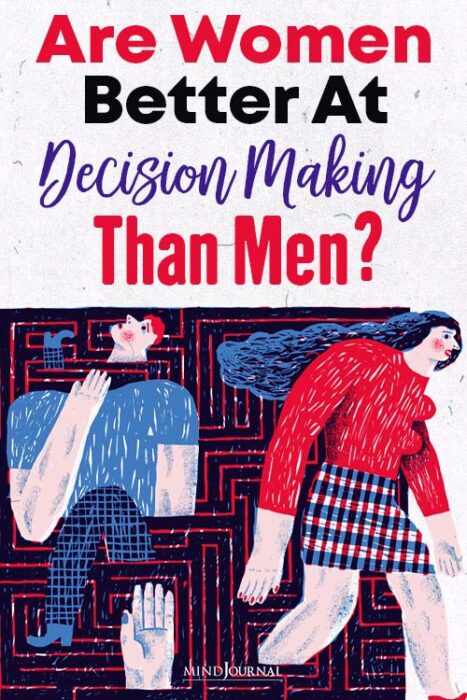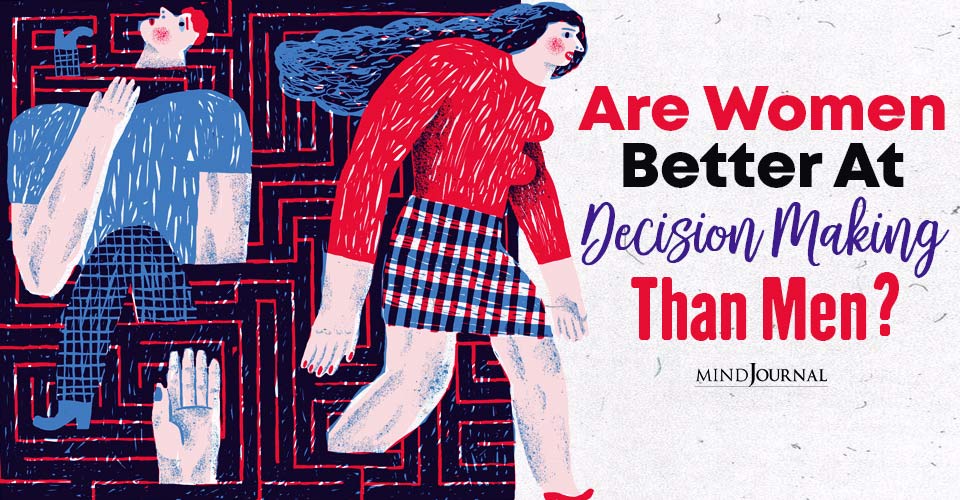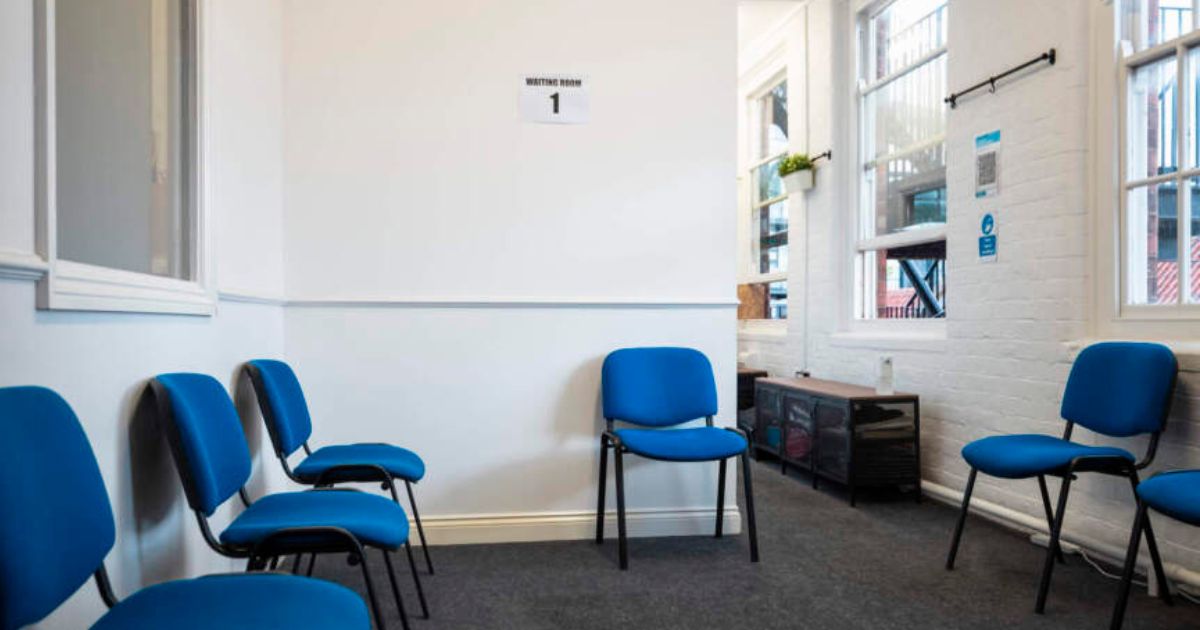Are you tired of hearing that men are better decision-makers than women? Well, a recent study proves that women make better decisions than men.
Don’t believe it? Well, let’s dive into the fascinating findings.

Why women are better decision makers?
The study, conducted by a team of scientists from leading universities around the world and involving over 10,000 participants, conclusively proves that women consistently outperform men in every decision-making scenario tested.
That’s right, you read it correctly – Women make better decisions than men. And we’re not talking about a small margin here, either. It’s not about one or two scenarios where women outperformed men. No, in every single decision-making scenario tested, women, came out on top.
The researchers looked at everything from career choices to choosing a partner, and even something as simple as picking out the right toothpaste. And in every instance, women have better decision making skills.
Women appear to be more curious and to identify more potential answers.
They also employ teamwork, collaboration, and consensus-building more frequently and more effectively to make sensible judgments.
According to one of the researchers, Dr. Sarah Williams, it all comes down to being analytical and thoughtful. Women tend to consider all the options before making a choice, while men are more impulsive and often make snap decisions without thinking.
Women appear to be more curious and to identify more potential answers.
It’s a pretty staggering revelation, but it’s a fact that women have been aware of for a long time – and now science has finally caught up!
Related – Do Men And Women Think Differently? 1 Guy Reveals Interesting Facts
Men vs women decision making skills
Ah, the age-old debate of men versus women – but this time, it’s all about decision-making skills.
Now, some of you might be thinking – “But what about all the times when men make great decisions?” Of course, there are plenty of men out there who are fantastic decision-makers. But the numbers don’t lie, and the fact remains that women have a natural talent for making wise choices.
While society has long assumed that men are the natural decision-makers, the latest research has thrown a wrench in that theory.
It turns out that women have a natural advantage in the decision-making department, with their analytical skills, thoughtfulness, and intuition proving to be more effective than men’s impulsivity and snap judgments.

Of course, not everyone is convinced. Men have pushed back against the study, citing bias and arguing that they’re just as capable of making decisions as women.
But perhaps the most exciting thing to come out of this study is the newfound confidence among women. Knowing that women are better in decision-making than men, has given a boost in their self-esteem and a willingness to assert themselves in their personal and professional lives.
Additionally, women corporate directors are substantially more likely to make judgments that take into account the interests of numerous stakeholders in order to reach a fair and moral conclusion.
Companies are now taking steps to promote more women to leadership positions, recognizing that women are better leaders than men. It’s about time, too!
Related – 9 Ways Emotions Influence Judgments And Trigger Impulsive Choices
What does this mean for the future of decision-making?
Perhaps it’s time to challenge the assumption that men are natural leaders and decision-makers, and start valuing the contributions that women make to society.
This study on, women and decision making abilities of women has opened up a lot of exciting possibilities. They will no longer be held back by outdated ideas about gender roles and capabilities. Instead, they can embrace their strengths and confidently take on the world.
Who knows – the next great decision-maker could very well be you!
Related – 7 Strategies For Smarter Decision Making, According To Science









Leave a Reply
You must be logged in to post a comment.